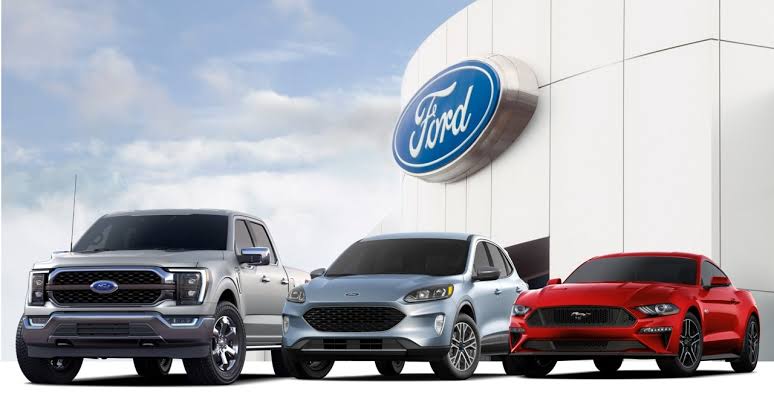Ford Motor Company has temporarily stopped exporting several of its American-made vehicles to China, citing increasing trade friction and steep retaliatory tariffs.
Among the affected models are the F-150 Raptor, Mustang, the Bronco SUV built in Michigan, and the Lincoln Navigator assembled in Kentucky.
In a statement released Friday, the automaker said it had “modified” its vehicle exports from the U.S. to China due to the rising duties, which in some cases have soared to 150 per cent.
These tariffs have created significant barriers for U.S. automakers trying to stay competitive in the Chinese market.
Despite the halt, Ford will continue shipping American-made engines and transmissions to China.
The Lincoln Nautilus, which is produced domestically in China, remains unaffected by the export pause but is still subject to high import taxes.
Experts warn that the turbulent trade climate is straining the entire automotive supply chain.
According to the Centre for Automotive Research, the 25 per cent levy on U.S. auto exports is expected to add roughly $108 billion in expenses to the industry by the close of 2025.
These costs are projected to trickle down to consumers, likely leading to higher vehicle prices.
An internal memo seen by Reuters reveals that Ford is considering raising prices on new models to counteract the long-term financial pressure from tariffs.
Although most of its U.S. sales come from vehicles built within the country, the automaker may need to adjust pricing strategies to protect profit margins in an increasingly volatile trade environment.
